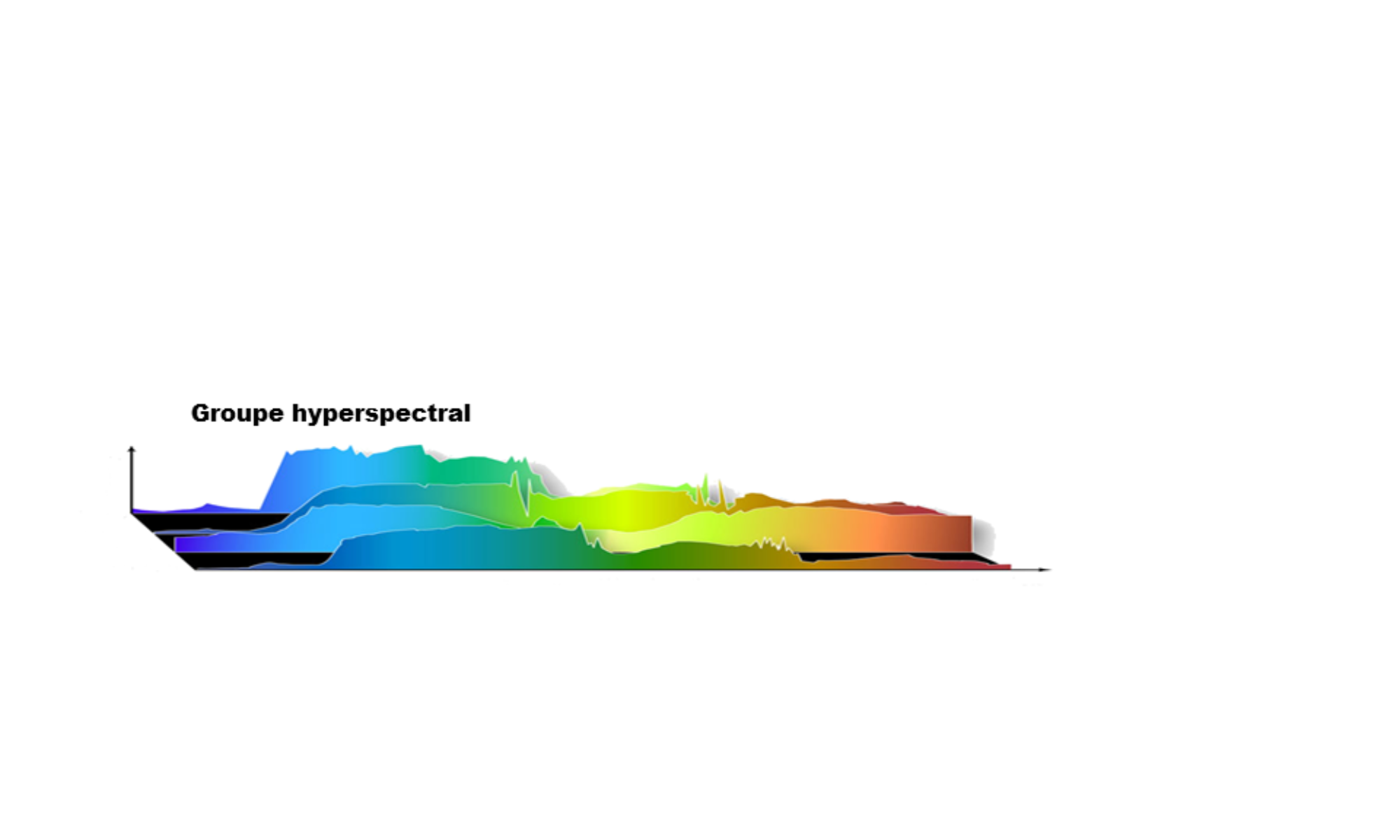Bonjour à tous,
Le 9ème colloque du Groupe Hyperspectral de la Société Française de Photogrammétrie et Télédétection aura lieu à Rennes les 30 et 31 mai 2024.
Vous trouverez toutes les informations ici : https://sfpt-gh2024.sciencesconf.org/
Comme chaque année, nous aborderons différentes thématiques liées à l’utilisation des données hyperspectrales, notamment les avancées les plus récentes dans le domaine des capteurs, des méthodes et des algorithmes de traitement des données. Les missions spatiales en préparation et en exploitation y seront également présentées, ainsi que l’apport de l’imagerie hyperspectrale dans des domaines d’application aussi variés que les géosciences, la végétation, les milieux littoraux et urbains, l’atmosphère, la planétologie, la médecine, l’industrie, l’expertise d’œuvres d’art, etc.
Dates importantes :
Colloque : 30 et 31 mai à Rennes
Date limite d’envoi des résumés : 15 mars 2024
Date d’acceptation des résumés : 22 mars 2024
Date limite d’inscription (gratuite mais obligatoire) : 30 mars 2024
N’hésitez pas à relayer l’information dans vos réseaux.
En espérant vous y voir nombreux,
Thomas Corpetti / Jean Nabucet pour le comité d’organisation
